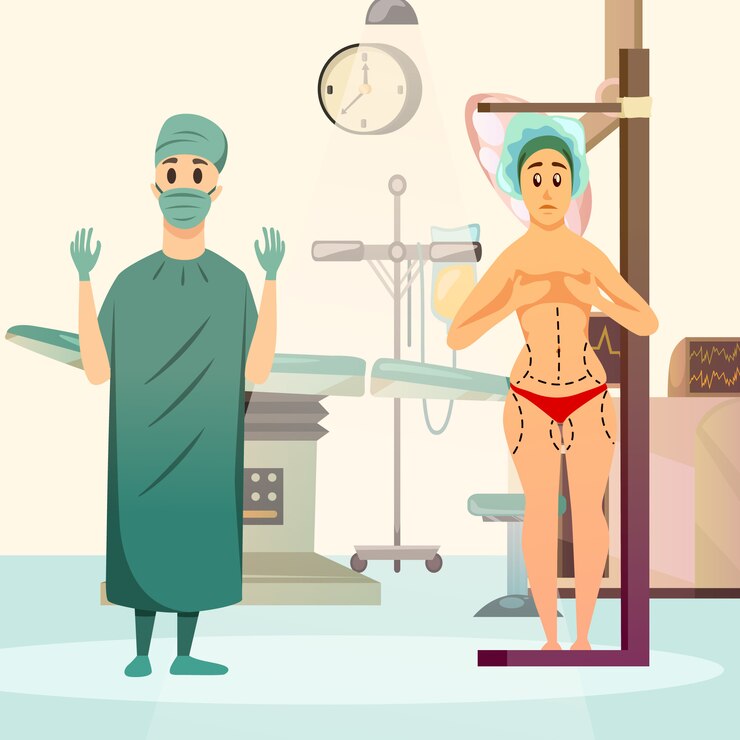
Nurturing Your Recovery: Post-Surgery Care and Lifestyle Changes After Gallbladder Removal
Introduction:
While dealing with health issues, it’s crucial to be aware of potential complications and associated conditions. In this blog, we’ll explore these aspects in a straightforward manner, helping you better understand and navigate your well-being.
Body:
Gallbladder removal surgery, also known as cholecystectomy, can bring relief from painful gallstones and related symptoms. However, it’s essential to take care of yourself during the recovery period and make necessary lifestyle changes to ensure a smooth transition to life without a gallbladder. Here are some simple guidelines to help nurture your recovery:
Complications:
- Infection: After surgery or due to certain health conditions, there’s a risk of infection. Watch for signs like increased pain, fever, or redness, and seek prompt medical attention if you suspect an infection.
- Bile Duct Issues: Surgery or gallstones can sometimes affect the bile ducts, leading to complications. Symptoms may include jaundice, abdominal pain, or digestive problems.
- Digestive Changes: After gallbladder removal, some people may experience changes in digestion, such as diarrhea or difficulty tolerating certain foods. These issues usually improve over time but should be discussed with a healthcare provider.
Associated Conditions:
- Gastroesophageal Reflux Disease (GERD): In some cases, gallbladder issues or surgery can contribute to GERD. Symptoms may include heartburn, regurgitation, or chest discomfort.
- Pancreatitis: Gallstones or their removal may lead to inflammation of the pancreas. Severe abdominal pain, nausea, and vomiting are indicators that should prompt medical attention.
- Cardiovascular Conditions: Emerging research suggests a potential link between gallbladder issues and cardiovascular conditions. It’s essential to manage overall heart health.
Navigating Your Well-Being:
Regular check-ups with your healthcare provider are crucial for monitoring potential complications and associated conditions. Communicate any new symptoms or concerns promptly to ensure timely intervention and proper management.
Conclusion:
Understanding complications and associated conditions empowers you to be proactive about your health. By staying informed and maintaining open communication with your healthcare team, you can navigate potential challenges and work towards a healthier future.
To seek medical advice, always consult a Doctor. Here are our recommended experts. Click here
To read more on Understanding Gallstones. Click Here


